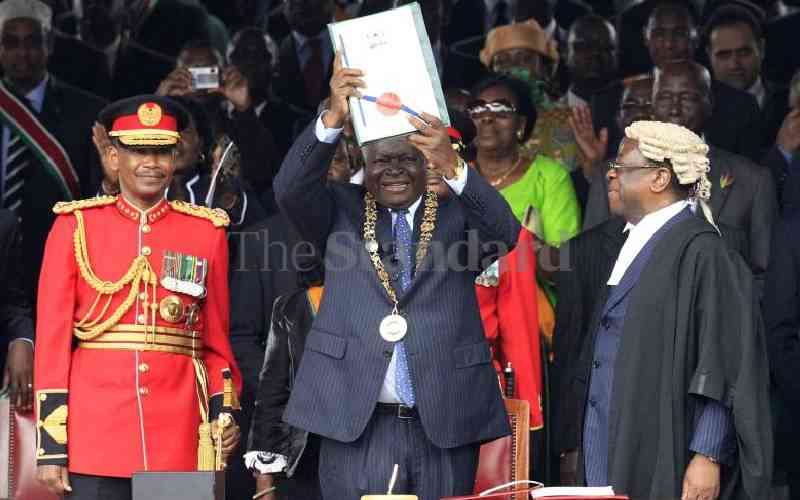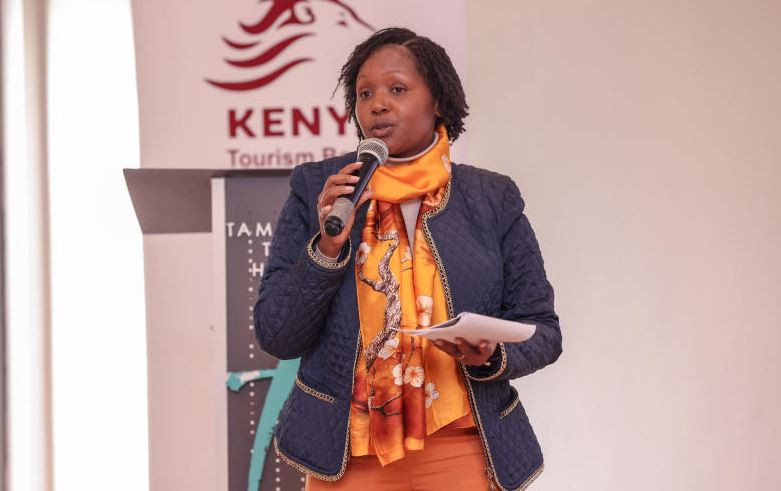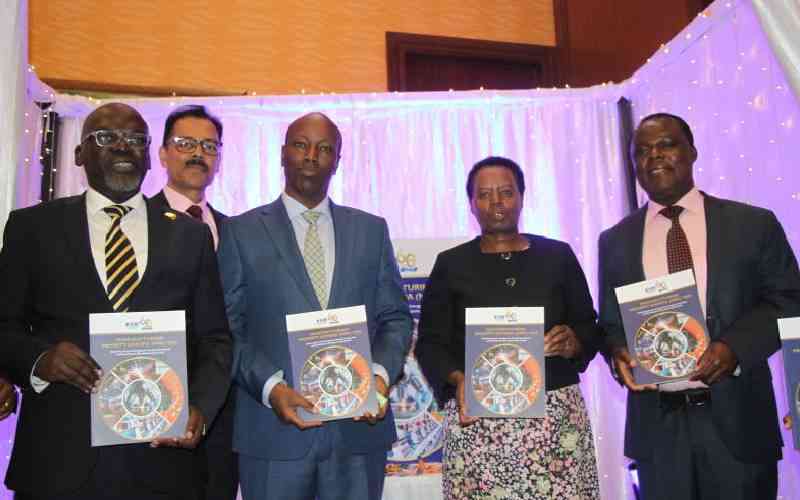
Fourteen years ago this week, Kenyans, in one of their proudest moments, voted overwhelmingly to adopt the Constitution of Kenya 2010.
The passage of the Constitution was culmination of a journey that took better part of 40 years. Kenya’s first Constitution had been birthed in fraud and clamour for its correction started soon after the Republic was born.
The fallout between Kenyatta 1 and Odinga 1 may not have been framed as a demand for a new constitutional framework, but that is what it was in all its substantive respects.
By the beginning of the nineties, the clamour for change had been properly framed in terms of a new constitution culminating in the first formal constitutional commission and eventual “Ghai draft” in 2002. What followed were numerous failed attempts until the unfortunate events of 2007 woke Kenyans up to the urgent need to recraft the Republic and deal with its fundamental challenges.
The ultimate product of this long journey was one of the world’s most progressive constitutions, although it also contained provisions that spoke very specifically to Kenya’s unique history.
As we celebrate its 14th birthday, it is important to reflect on the positive changes the Constitution has brought, even as we acknowledge that for many Kenyans, progressive change has remained a mirage.
One of the most fundamental changes was the opening of civic space. A liberal human and civil rights regime that is supported by an independent Judiciary means Kenya is one of the freest countries in terms of civil liberties.
For many Kenyans that did not live in the dark repressive days, this may not appear to amount to much, but it is what keeps the country’s peace and stability sustainable.
Devolution was another game changer. Until the passage of the Constitution, Kenya was governed from Nairobi with all decisions made from the capital informed by the discretion of those in charge of national politics.
Resource allocation was generally based on political alignment leading to exclusions of those deemed unimportant or problematic politically.
Devolution, supported by a rule-based revenue allocation regime means a regions’ entitlement to the national cake is not based on its politics but is a constitutional right.
Unfortunately, the country has been gradually regressing towards centralism, denying the devolved units sufficient resources and concentrating the bulk of resources at the national level to be dished out discretionally, but we are still way better than we were 14 years ago.
Thirdly, the Constitution is built on an empowering and de-marginalising foundation. Consequently, regions and sections of the population that were historically marginalised have been brought into the fold.
The inclusion of women into all cadres of leadership, the requirement that persons living with disability must be incorporated in leadership speaks to this foundation and so does the setting up of a pro-marginal areas revenue allocation formula and the Equalisation Fund.
Finally, protection of the Constitution from vagaries of politics has been its most important strength. Despite several attempts, the most recent being the Building Bridges Initiative, the 2010 Constitution has yet to be adjusted.
Some may see this as a weakness, pointing out to some of the Constitution’s clear inadequacies, but it is wise to learn from history; the political drivers of constitutional change are rarely motivated by progressive intentions. As they purport to correct its challenges, the greatest risk is that once opened up, regressive and anti-people amendments will be included.
Every Kenyan will however know that most promises of the Constitution remain undelivered. Its hope for economic rights, in Article 43 remains a mirage.
Its hope for integrity in leadership has not been fulfilled. Devolution has not delivered fully, denied resources and defined by debilitating dysfunction in many counties.
Except the Judiciary, institutions like Parliament that were meant to be independent and pro-people remain weak and anti-people. But we must keep hope alive, celebrate the Constitutions’ achievements even as we demand its full implementation.
-The writer is an advocate of the High Court of Kenya
 The Standard Group Plc is a multi-media organization with investments in media
platforms spanning newspaper print operations, television, radio broadcasting,
digital and online services. The Standard Group is recognized as a leading
multi-media house in Kenya with a key influence in matters of national and
international interest.
The Standard Group Plc is a multi-media organization with investments in media
platforms spanning newspaper print operations, television, radio broadcasting,
digital and online services. The Standard Group is recognized as a leading
multi-media house in Kenya with a key influence in matters of national and
international interest.
 The Standard Group Plc is a multi-media organization with investments in media
platforms spanning newspaper print operations, television, radio broadcasting,
digital and online services. The Standard Group is recognized as a leading
multi-media house in Kenya with a key influence in matters of national and
international interest.
The Standard Group Plc is a multi-media organization with investments in media
platforms spanning newspaper print operations, television, radio broadcasting,
digital and online services. The Standard Group is recognized as a leading
multi-media house in Kenya with a key influence in matters of national and
international interest.











